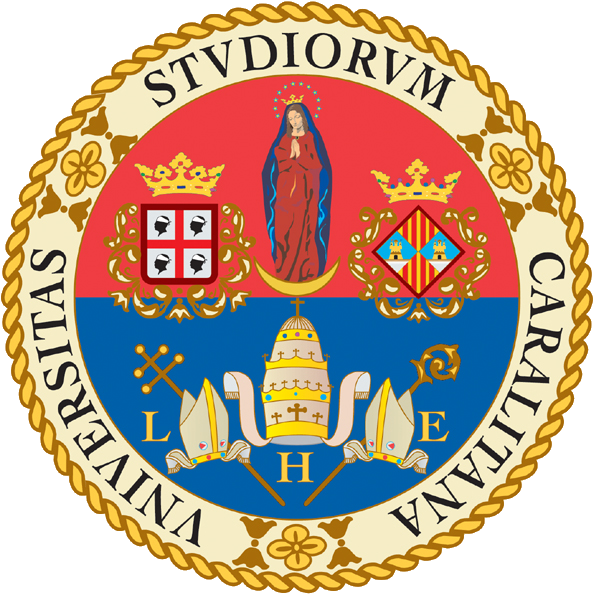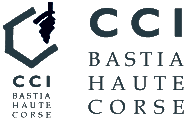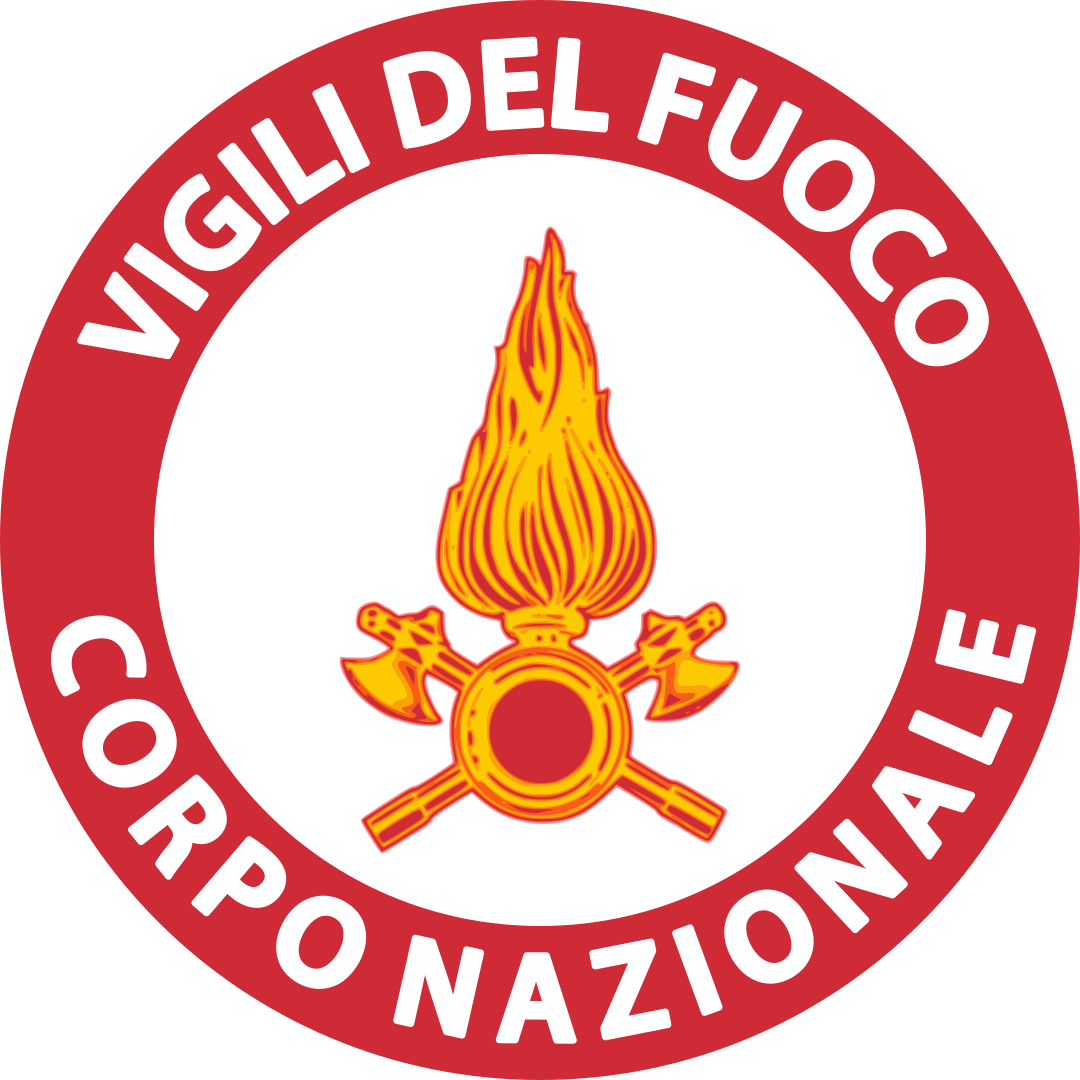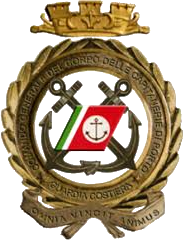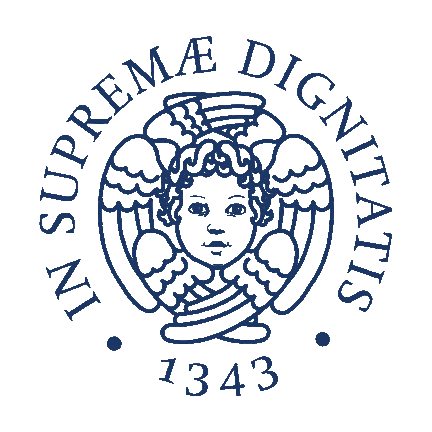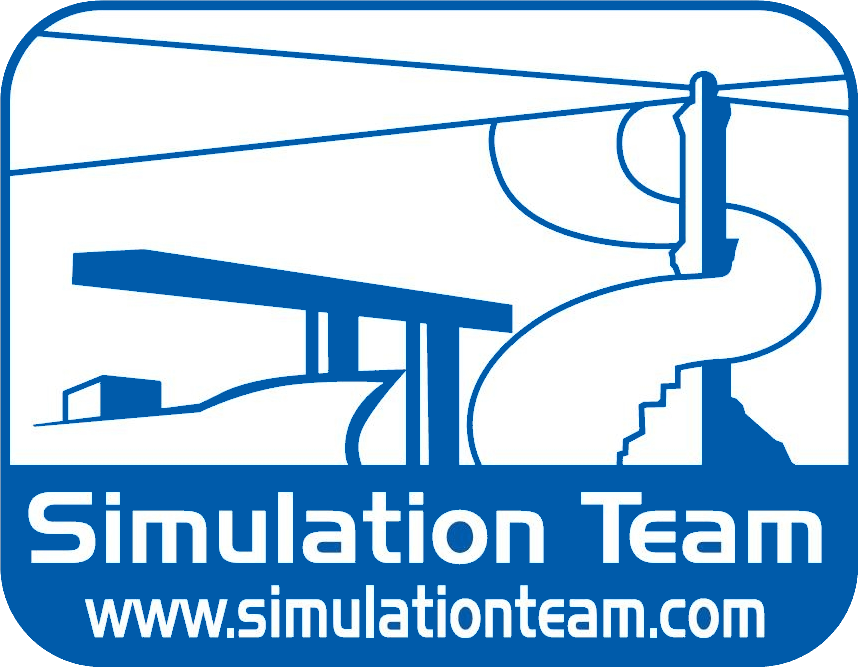ALACRES2
Virtual Persistent Lab
An innovative approach to identify, test and validate integrated emergency management procedures in the case of accidents, crises or significant accidents in Ports and in the Marine Area.
The objective of the ALACRES2 Project is to activate a Permanent Laboratory able to identify, test and validate integrated procedures for managing emergencies in the case of accidents, crises or significant accidents occurring during the loading and unloading of goods and dangerous substances in port. ; this in order to identify univocal management and behavioral protocols to assist the improvement of workers' skills in the emergencies of one of the most weak and critical phases of the logistic chain of this type of goods, determined by physical discontinuity in the passage from the sea side to the land side (and vice versa). The activity therefore has the task of investigating the behavior of the various operational figures called to the management of emergencies in the event of an incident during the boarding and disembarking procedures, testing new behavioral protocols, new operating standards, new monitoring and control procedures. Emergency, new support technologies for infrastructure and on-board systems. In particular, the Laboratory aims to investigate and analyze the behavioral procedures and protocols of the following subjects:
- Vertices of the chain of command and / or operating centers of management, or those who are deputies to manage an emergency condition lasting over time (widespread and prolonged fire, spill in uncontrolled water, evolving toxic cloud, etc.)
- Operational subjects in charge of the first intervention activities aimed at curbing the emergency and / or reducing the causes that generated the indicator (fire brigade, emergency workers, etc.)
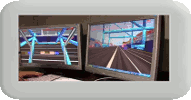
|
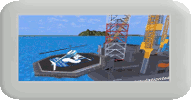
|

|
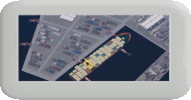
|
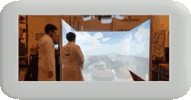
|
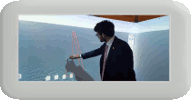
|
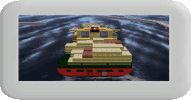
|
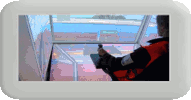
|
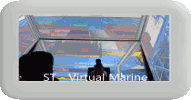
|
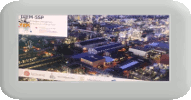
|
ALACRES2 benefits from a previous project on the management of emergencies in the field of Industrial Plants called DIEM-SSP, or Disasters and Emergencies Management for Safety and Security in Industrial Plants in which the Simulation Team of the University of Genoa and the Simulation Group of the DICAAR of the University of Cagliari had held leadership roles in the development of models and procedures of experimentation with particular attention to the simulation of human factors (www.liophant.org/projects/diem-ssp). In the specific context the concept of Extended Maritime Framework (EMF) developed by the Simulation Team of the University of Genoa, which considers the marine context in the different domains that influence it the surface of the sea, the underwater world, the sky, the coast, cyberspace and space); in this way we will construct models that consider the different elements and active systems and their interactions in the face of crises and disasters, including also the human component. Disasters and operational scenarios will be defined with particular attention to the needs of Operational Partners to maximize the impact on the territory and the fallout of research into concrete results that increase safety in the marine environment. In particular, this research will lead to the realization of a Simulation System that will reproduce two specific types of accidents / disasters (eg tank explosion, accident during loading / unloading operations), critical in each of the ports related to the four different regional contexts involved (ie Tuscany, Sardinia, Corsica, PACA). These results are possible thanks to the resources and the models made available for this project by the Simulation Team of the University of Genoa and the University of Cagliari which will be appropriately adapted, customized and implemented on the different Scenarios to build a Virtual Emergencies Testing Laboratory.

|
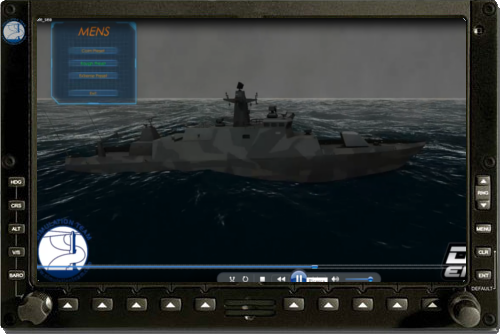
|

|





